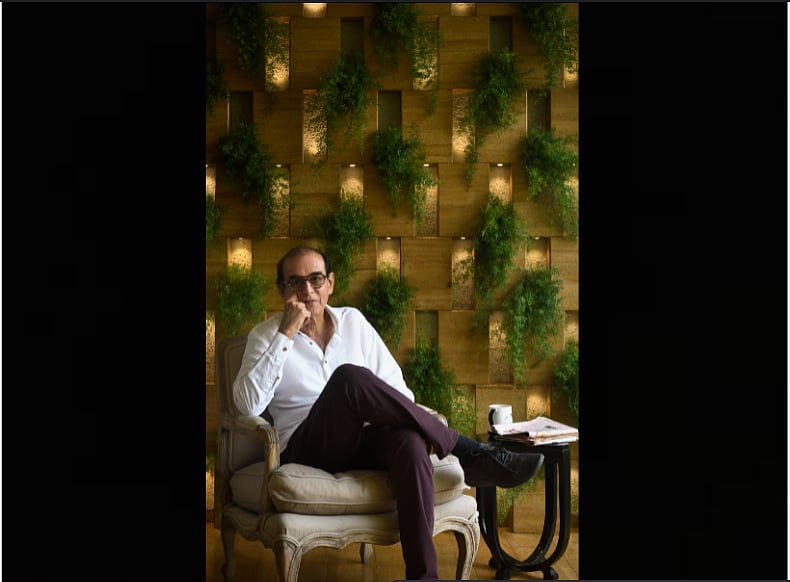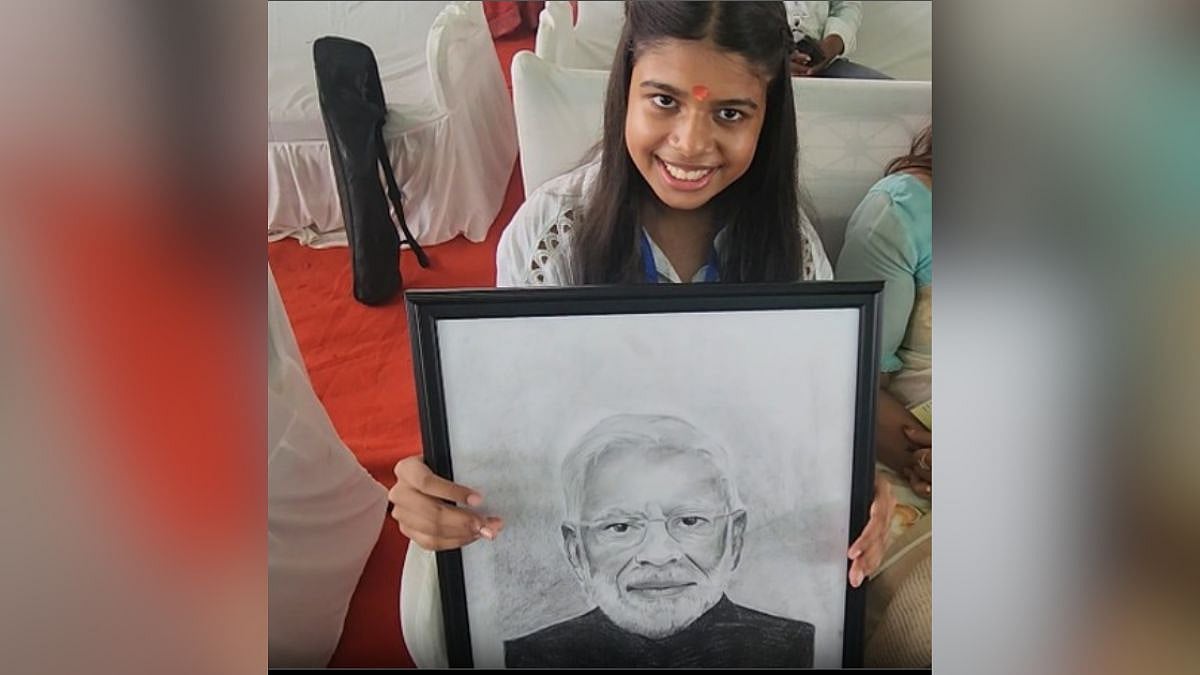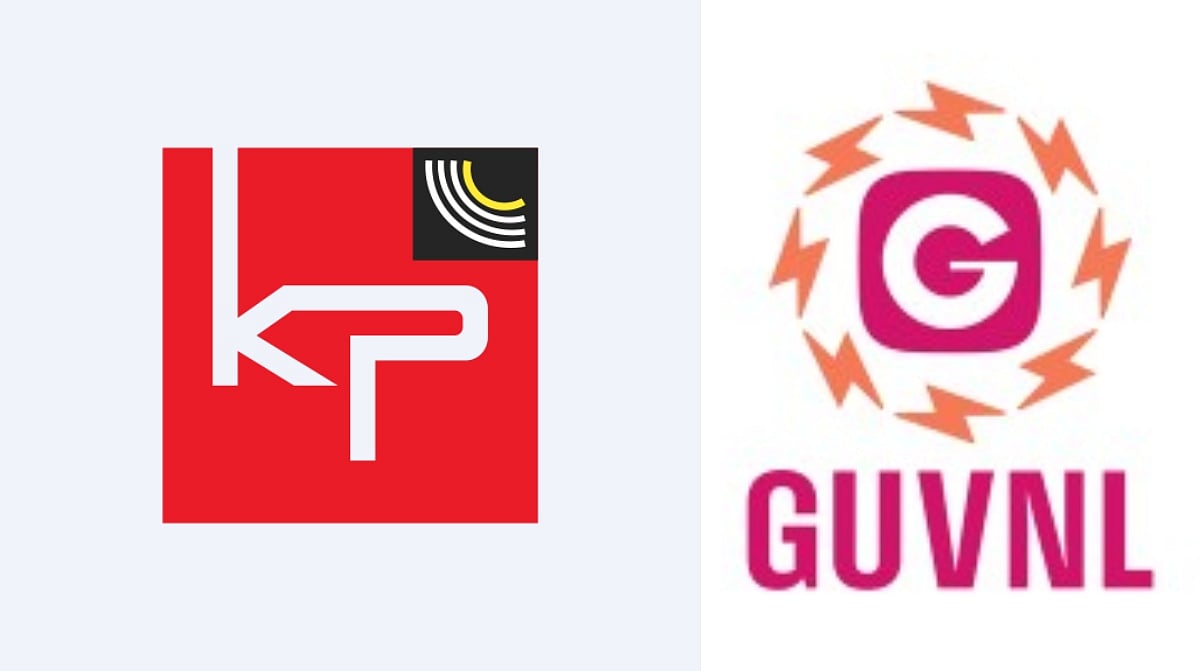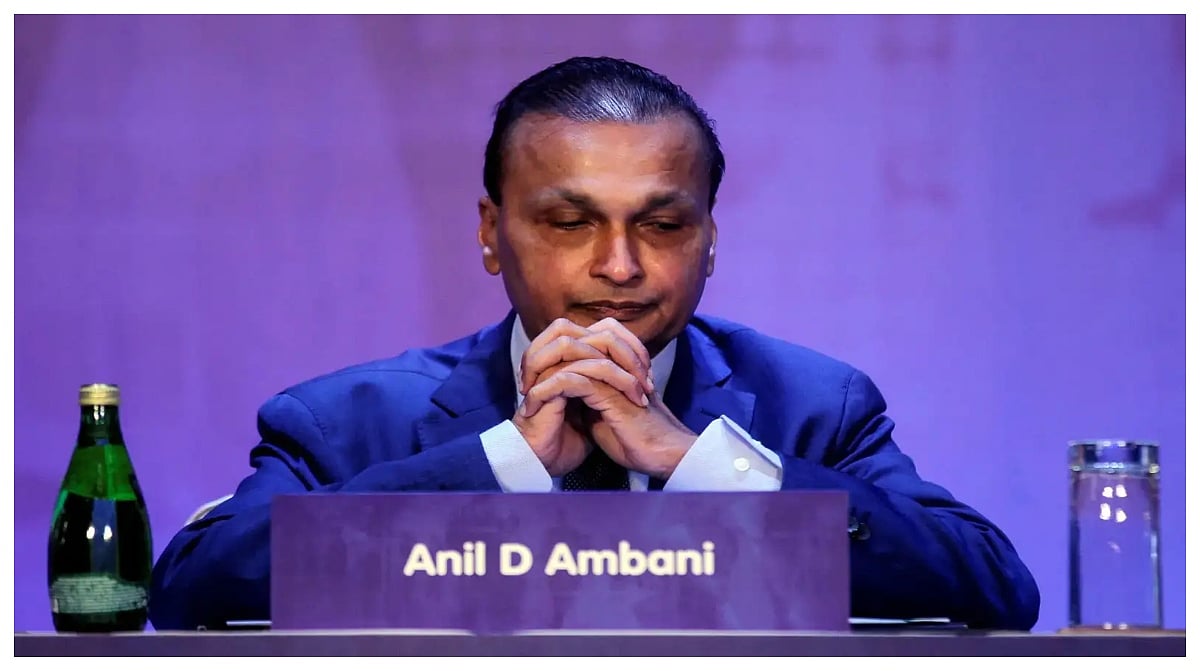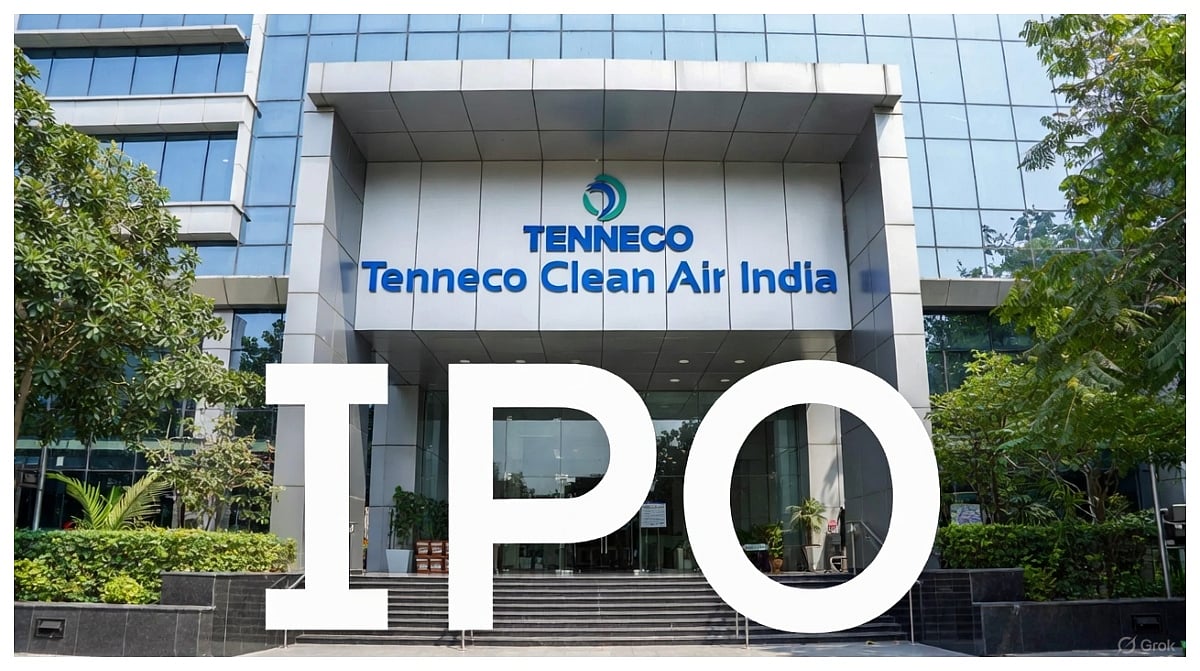HARSH MARIWALA, Founder and Chairman of Marico, has just written ‘Harsh Realities: The Making of Marico’, in which he tells the story of building home-grown FMCG giant Marico from ground up, and his struggles and learnings in the process. SAM BALSARA, Founder and Chairman of Madison World, recently interviewed Mariwala for the podcast ‘Game-Changers’ by RED FM. Here, we present excerpts from the conversation in which the two veterans discuss Mariwala’s book, his life journey and what makes him a defining factor for India and its business growth
Sam Balsara: You started your working life operating from a joint family. Would you say this helped make you a better listener, taking everyone's point of view on the table and prepared you in some way for an independent and accomplished business and personal life?
Harsh Mariwala: I lived in a joint family of about 25 members who had diverse interests. My father and my uncle played golf, one of my uncles was a sailor. Another used to ride. I got to try new things. I did a lot of sailing and riding. I also started playing golf and dabbling in Indian classical music. The joint family really broadened my horizons. Being in a joint family also teaches you to be tolerant. You have to go on adjusting, whether it is the food or something else. It also taught me a lot of business sense. Our business was also joint, so a lot of business issues would get discussed at home, besides success stories of other business families doing well. On the flip side, living in a joint family, you're not that independent. You don't get autonomy. If you’re not allowed to air a difference of opinion, then it's frustrating. But overall, it taught me a lot of things which I was able to apply later in my journey.
What would you say to today's entrepreneurs who have not had the benefit of this joint family upbringing?
It's important that you create the right networks. I've done it in my own journey. It's very important to broaden your horizons and be part of some other groups where you get to listen to diverse views. It'll help you in terms of working with other diverse viewpoints, listening to others, and also build consensus. You can't replicate the joint family unless you stay in the joint family.
In your book, you mention that your father not allowing you to go abroad for an MBA was perhaps a blessing in disguise. Would you say from looking around that most MBAs do not grow entrepreneurially?
I always knew that I wanted to be in business, and I would never work for anybody else. If you look at people who are MBAs, the likes of Uday Kotak… he started his own business, completely different from his family business. Ajay Piramal is also an MBA. He started on his own and he went into pharma and all that. A lot depends on the individual and what he or she wants to do. Many new age MBAs have worked for a short period of time in US companies and then started on their own and made a success out of it. We are seeing more and more entrepreneurs willing to take a risk and try something new. Some of the earlier entry barriers have got eliminated. You see so many entrepreneurs entering the D2C branded business. Ultimately, you cannot generalize.
Your father took the bold step of moving from trading to manufacturing, as I understand. And you took the step of moving from manufacturing to branding. Was there a single eureka moment that led you to the decision that branding is the way to go for the kind of products you dealt in? Or did you see that the profits of the other FMCG companies were much higher, or what exactly led you to this decision?
When I joined the organization, I had just finished my Commerce graduation from Mumbai University and my father left me to explore and start looking around. We had three different businesses: a chemical business, spice extracts business and edible oil business. It was B2B, not B2C business. It was in a way commoditized and our financial performance was very erratic. Yes, my father made the transition from trading to manufacturing, but it was not giving us sustainable margins. We were crushing kopra to make coconut oil, we were refining oils and selling it to industries. We were also supplying coconut oil in big railway tankers to one large packer of an FMCG brand in Calcutta. My uncles used to tell me, see how this party is, they converted the whole business into branded. Low margins, not sustainable margins, combined with what I went on hearing from my uncles, opened my eyes. These brands were buying our product. And the quality of the product also was very good. So, I thought of converting this business from unbranded to branded. It would make the business far stronger, more profitable and more sustainable. The first few years, I just concentrated on sales and distribution, and that paid dividends. We started getting increased market-share in all the markets where we launched, and over a period of maybe five years, we launched all over the country. It was great fun to make a sale on your own. The packaging and manufacturing were a lot of learning for me. I understood how the trade was operating, and the retailer and distributor network. The scale was small, but I started liking it.
At Marico, you were able to win in the marketplace mainly when you innovated or pioneered a new concept or product. Wouldn’t you agree that this is a far riskier proposition in the FMCG market than being a No. 2 brand which can also be a reasonably successful business? So, what was your thinking?
When we entered coconut oil, we were not even No. 3 or 4; we were like number 5/6/7/8 on a national level. In the initial phases, we built a distribution network, became perhaps No. 3 or No. 4. And then we innovated. We had multiple innovations in packaging. And that's how we just catapulted into a market leader with 50% market-share. You have to have something innovative, which will appeal to the consumer. It’s in my DNA to pioneer. Something new is just my passion. If I look back at my journey, a brand like Saffola was a pioneering move. Saffola Foods was a pioneering move. Revive was a pioneering move. So was Kaya Skin Clinic. Whenever we pioneered, we failed also. But ultimately you need to find out whether you are meeting a consumer need or launching something because you are in love with that need. In some cases, we didn't get traction in terms of scale. We had Saffola atta mix which is good for health, we had Saffola rice which was always compared to traditional rice and we were not able to get the Saffola brand going. In spite of those failures, I would say you have to look at innovation because me-too products will not succeed.
You went through a lot of turmoil before deciding to give up the CEO and MD role to Saugata Gupta and finally took this decision against your family's wishes. You also say that in hindsight, it was the right decision, with Saugata delivering a CAGR of 21% per annum. Recently, Godrej Consumer Products also appointed Sudhir Sitapati of Unilever as their head. So, would you say that more and more of professional CEOs need to come in?
At some stage, looking at my age, I had to step down. I didn't have any clue in terms of whom I would appoint as my successor. I think it just happened that Saugata came to me saying that he wanted to be head of a company. So, normally in India, it's expected that the family hierarchy will continue in terms of succession. He openly asked me, because if that was the case, then he would have left and joined somebody else where he could be the CEO. We decided to promote him, and I decided to step down. But I think the key learning for entrepreneurs in this is that, first of all, just because you have a majority shareholding, it is not your own company. You have to look at all the stakeholders. What is good for the company comes first, and not is what is good for the family.
As companies grow larger and stronger and more profitable, instead of increasing their ability to take risks, they become more risk averse. That is true of Marico today. What steps would you take to prevent this?
You are right… as the organization grows, there are a lot of systems, processes… the key thing is to create a culture of innovation in the organization. If I as a promoter or manager punish that person who has taken a risk because it has not succeeded, then I'm sending a very wrong signal. The key thing is to give a lot of assurance and encourage people to take risk and de-risk at one level by what we call prototyping; so many times in FMCG, if you want to launch a new product, the stakes required are much larger. We will encourage people to launch it in one city or one chain of modern retail store because it's impossible to get all the answers through market research. You have to be in the marketplace, study the consumer response, pricing, packaging, product, the advertising and decide the action standards. Once the actual standard is achieved, then you can roll it out. But people have to be encouraged to take risk. We have Innovation Awards - internal contests where we actually award people and teams who have taken risks. It's okay to fail. The top management has to go on asking for the innovation plan and at the same time give assurance that if it is planned properly and intelligently, and if it still doesn't succeed for whatever reason, we are there to back you up. That’s the responsibility of the top management.
(This adaptation of the Game-Changers podcast is presented with permission from RED FM)
About the book
‘Harsh Realities: The Making of Marico’, co-authored by Harsh Mariwala and management guru Ram Charan, tells the story of a leader who built Marico, now an international FMCG giant, after breaking away from the family-run Bombay Oils Industries Ltd. The book – termed a Bible for all future managers and entrepreneurs – chronicles how Mariwala founded Marico in 1987, and the grit and gumption with which he has brought the company to its current stature and an annual turnover of over Rs 8,000 crore.
